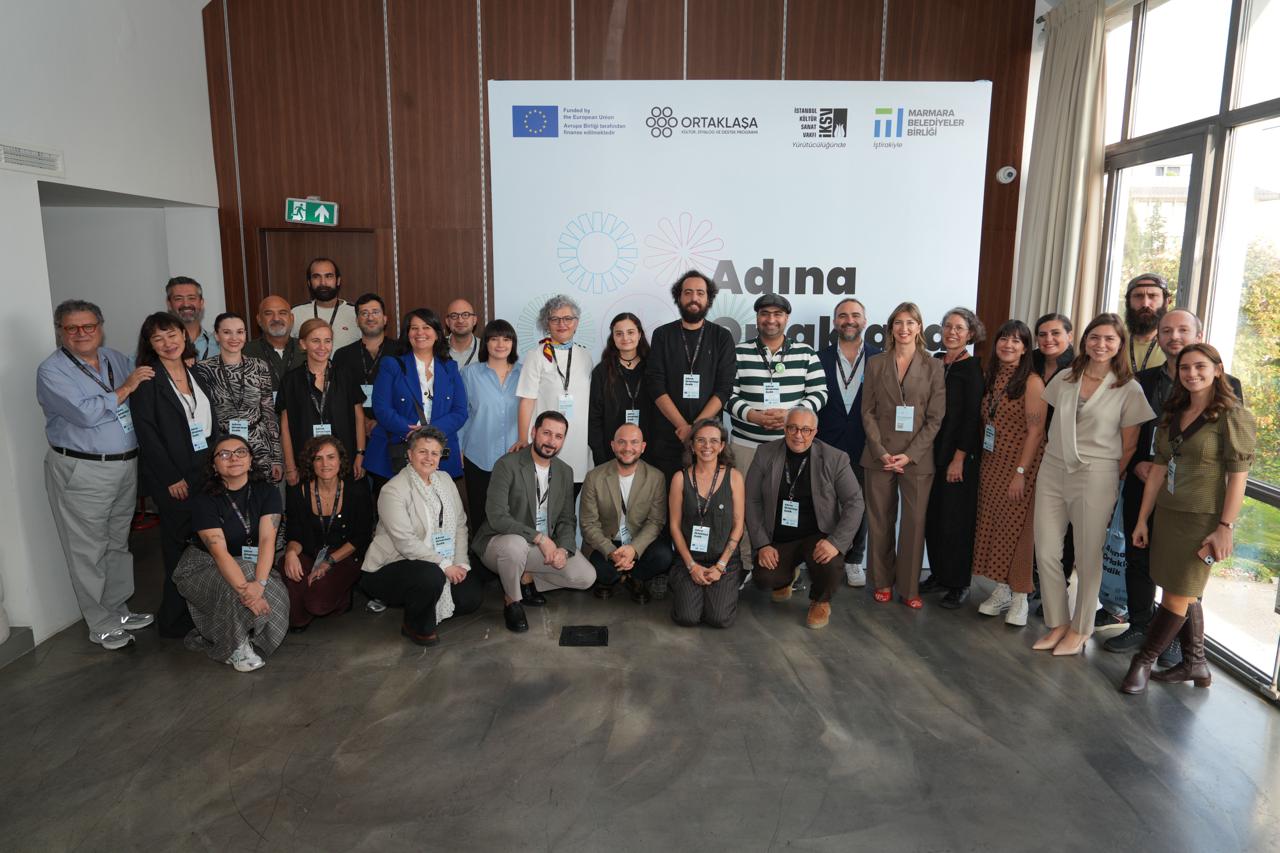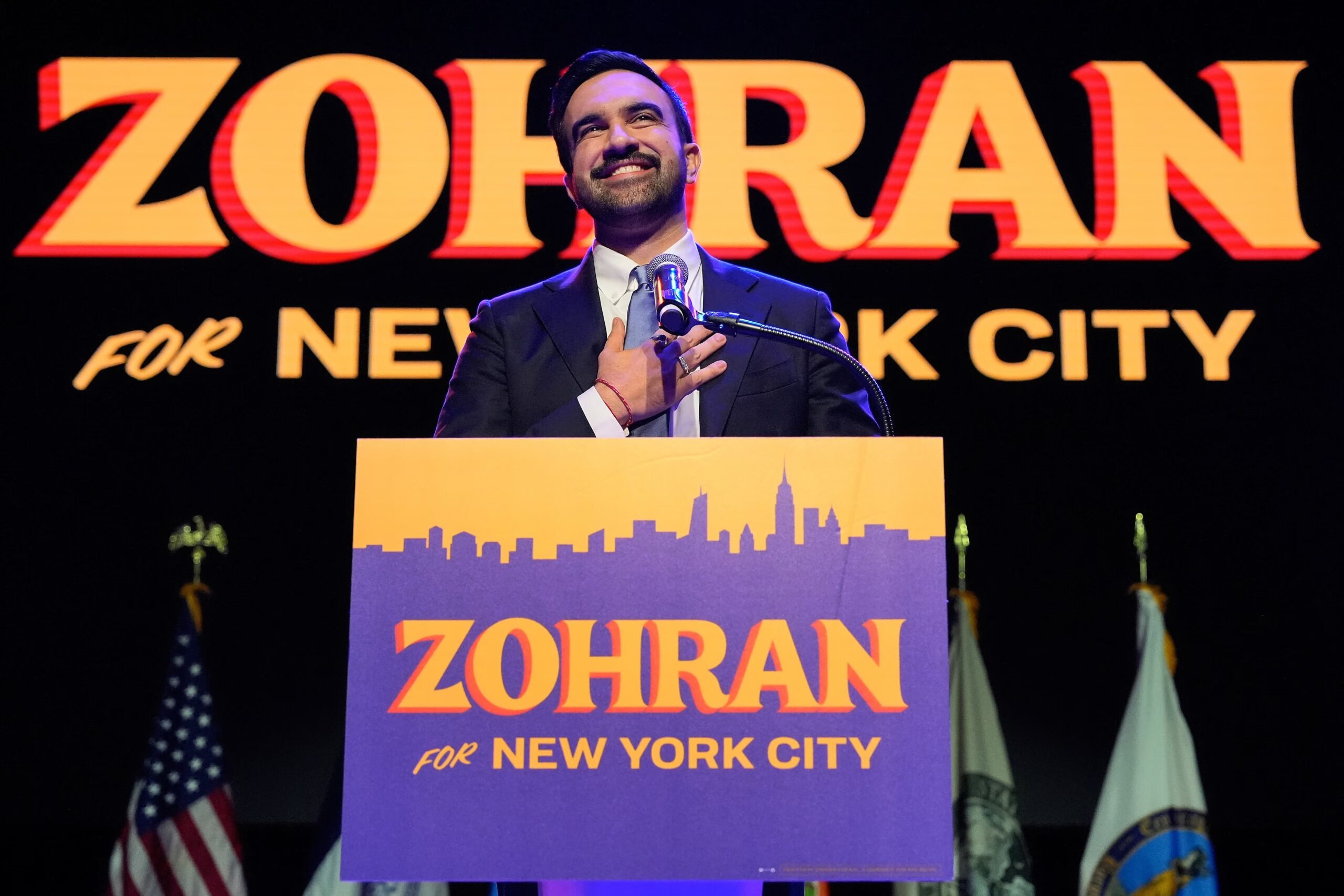The event brought together representatives of the European Union Delegation to Turkey, mayors, civil society representatives, cultural professionals, and artists. The Joint: Culture, Dialogue and Support Program, implemented by the Istanbul Foundation for Culture and Arts (IKSV) with the support of the European Union and the participation of the Marmara Municipalities Union (MBB), completed its three-year journey with an event titled “We Called It Joint.” Held at Feriye, the event featured sessions, film screenings, and musical performances throughout the day.
The event was attended by representatives of the European Union Delegation to Turkey, mayors from different cities in Turkey, civil society representatives, cultural professionals, and artists. The meeting, which highlighted the fair, participatory, and inclusive collaborations established in the field of culture and arts over the past three years, also announced that the journey of the Ortaklaşa community, which began locally, will be expanded to the European level in the coming period in collaboration with the Culture Action Europe network.
A Fair, Participatory, and Inclusive Cooperation Model in the Field of Culture
The event, hosted by journalist Aysun Öz, began with speeches by Görgün Taner, General Manager of the Istanbul Foundation for Culture and Arts (IKSV); M. Cemil Arslan, Secretary General of the Union of Marmara Municipalities; and Jurgis Vilcinskas, Deputy Head of the European Union Delegation to Turkey and Chargé d’Affaires ad interim. In his speech, İKSV General Manager Görgün Taner said, “It is very gratifying to see everyone who has worked for Ortaklaşa together today. It has been a productive, surprising, and emotional three years. Over these three years, people from the world of culture and arts, civil society, and local governments came together; they tried to understand each other and listened to each other to create an environment for dialogue,“ emphasizing that civil society and local governments will ”continue to seek answers together to the question of how to better shape the future” through the project.
Jurgis Vilcinskas, Deputy Head of the European Union Delegation to Turkey and Chargé d’Affaires ad interim, said in his speech, “Here in Turkey, we have built something lasting through Ortaklaşa: a community that believes in culture as a bridge connecting people, cities, and continents. In the coming months and years, this community will grow stronger with the support of the European Union. Ortaklaşa has shown that culture can be a powerful tool for democracy, connecting people, cities, and ideas.”
The Project Brought 50,000 People Together
Responding to questions from Aysun Öz during the first session, Özlem Ece, Director of Cultural Policy Studies at IKSV, said, “Cultural policies encompass not only art, but also freedom of expression, democratic participation, and the culture of living together. Since 2010, İKSV has been conducting work that strengthens dialogue and establishes new local collaborations for the sustainability of culture and art. Building on this experience, Ortaklaşa has developed a fair, participatory, and inclusive collaboration model in the cultural field, demonstrating that trust-based relationships between municipalities and civil society are possible.” Özlem Ece also provided an overview of the work carried out under the program during the session, saying, “Over three years, a total of €1.3 million in grant support was provided to 13 projects, and 44 culture and arts professionals were employed. Six culture and arts venues were transformed, and 22 venues once again hosted culture and arts events. Sixteen workshops were organized within the scope of the projects; six cultural policy documents, six protocols, four books, a guide, and a research report were published. Approximately 50,000 people, including 5,000 children, came together through culture and arts via festivals, exhibitions, children’s and city biennials, concerts, and culture and arts days. Together, it reminded everyone that culture and art are also the common language of coexistence, trust, and solidarity.”
The event continued with the screening of the film “We Called It Together,” directed by Vuslat Karan and Burcu Melekoğlu, which compiled the stories of the past three years.
Mayors Shared Their Local Experiences
In the session titled “Local Cultural Collaborations in Turkey,” Adıyaman Mayor Abdurrahman Tutdere, Borçka Mayor Ercan Orhan, and Merzifon Mayor Alp Kargı shared their experiences gained within the scope of the Ortaklaşa project and the impact of local cultural collaborations on city life. The session was moderated by M. Cemil Arslan, Secretary General of the Marmara Municipalities Union, and Özlem Ece, Director of Cultural Policy Studies at the Istanbul Foundation for Culture and Arts (IKSV). In his speech, Adıyaman Mayor Abdurrahman Tutdere said, “In our city, in order for citizens to reconnect with life and rebuild their shattered lives, we all agreed to focus on the healing power of culture and art. We would like to thank all stakeholders who contributed to this effort.”







